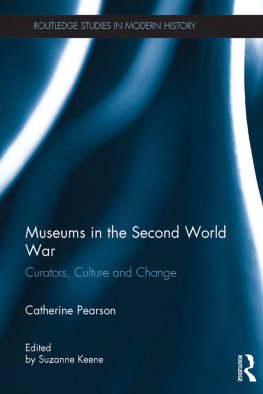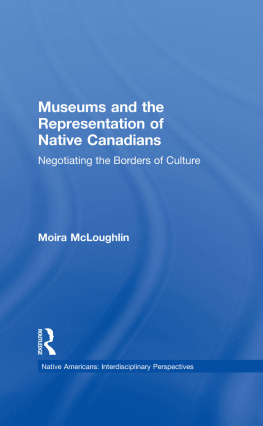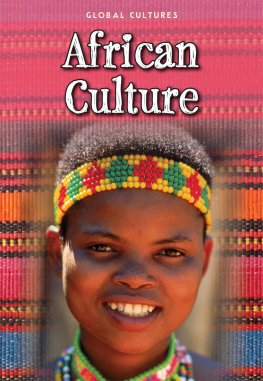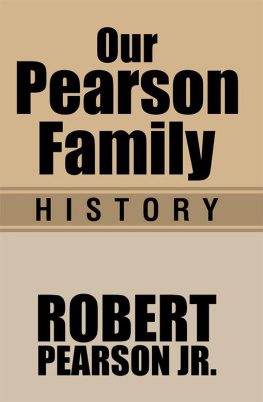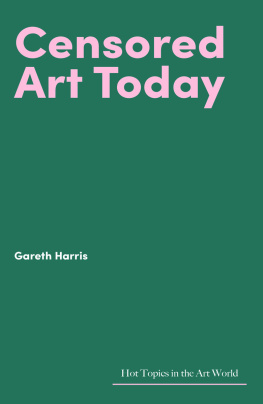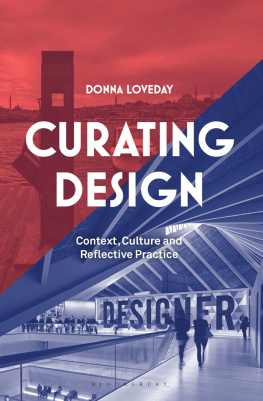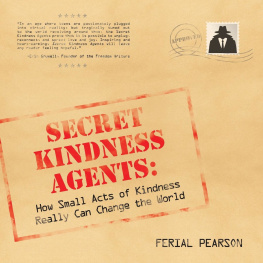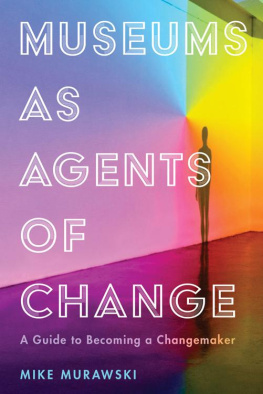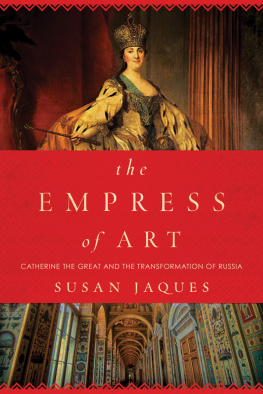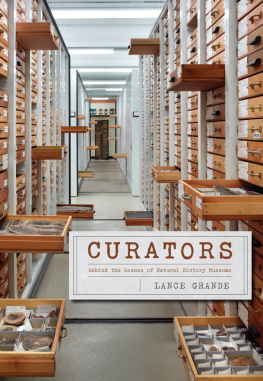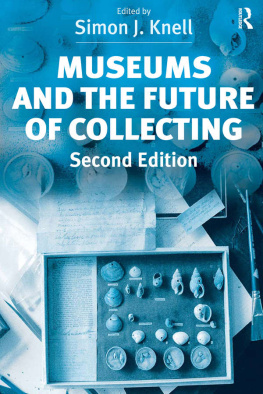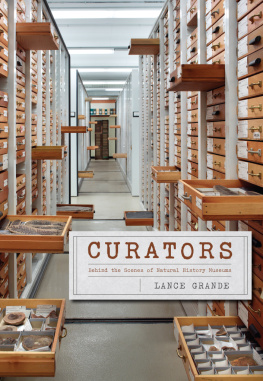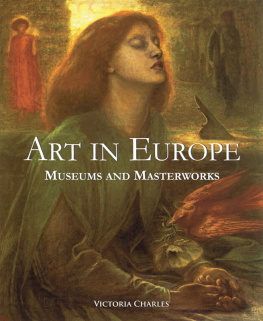Museums in the Second World War
Exploring the role of museums, galleries and curators during the upheaval of the Second World War, this book challenges the accepted view of a hiatus in museum services during the conflict and its immediate aftermath. Instead it argues that new thinking in the 1930s was realised in a number of promising initiatives during the war only to fail during the fragmented post-war recovery. Based on new research including interviews with retired museum staff, letters, diaries, museum archives and government records, this study reveals a complex picture of both innovation and inertia.
At the outbreak of war, precious objects were stored away and staff numbers reduced, but although many museums were closed, others successfully campaigned to remain open. By providing innovative modern exhibitions and education initiatives they became popular and valued venues for the public. After the war, however, museums returned to their more traditional, collections-centred approach and failed to negotiate the public funding needed for reconstruction based on this narrower view of their role. Hence, in the longer term, the destruction and economic and social consequences of the conflict served to delay aspirations for reconstruction until the 1960s. Through this lens, the history of the museum in the mid-20th century appears as one shaped by the effects of war but equally determined by the input of curators, audiences and the state. The museum thus emerges not as an isolated institution concerned only with presenting the past but as a product of the changing conflicts and cultures within society.
Catherine Pearson, Author, Independent Historian and Scholar, UK. She is the editor of the journals of museum curator, E J Rudsdale, 19201951.
Suzanne Keene, Editor, Reader Emeritus at University College London. She has a number of published books on museum collections, most recently coauthoring Museums and Silent Objects: Designing Effective Exhibitions.
Routledge Studies in Modern History
For a full list of titles in this series, please visit www.routledge.com
21 Histories of Productivity
Genealogical Perspectives on the Body and Modern Economy
Edited by Peter-Paul Bnziger and Mischa Suter
22 Landscapes and Voices of the Great War
Edited by Angela K. Smith and Krista Cowman
23 War, Peace and International Order?
The Legacies of The Hague Conferences of 1899 and 1907
Edited by Maartje Abbenhuis, Christopher Ernest Barber and Annalise R. Higgins
24 Black Cosmopolitanism and Anticolonialism
Pivotal Moments
Babacar MBaye
25 Constructing Nationalism in Iran
From the Qajars to the Islamic Republic
Meir Litvak
26 War and Diplomacy in East and West
A Biography of Jzef Retinger
M. B. B. Biskupski
27 Museums in the Second World War
Curators, Culture and Change
Catherine Pearson and edited by Suzanne Keene
28 The Chronicle of a Peoples War
The Military and Strategic History of the Cambodian Civil War, 19791991
Boraden Nhem
29 The Assyrian Genocide
Cultural and Political Legacies
Edited by Hannibal Travis
First published 2017
by Routledge
2 Park Square, Milton Park, Abingdon, Oxon OX14 4RN
and by Routledge
711 Third Avenue, New York, NY 10017
Routledge is an imprint of the Taylor & Francis Group, an informa business
2017 Catherine Pearson
The right of Catherine Pearson to be identified as author of this work has been asserted by her in accordance with sections 77 and 78 of the Copyright, Designs and Patents Act 1988.
All rights reserved. No part of this book may be reprinted or reproduced or utilised in any form or by any electronic, mechanical, or other means, now known or hereafter invented, including photocopying and recording, or in any information storage or retrieval system, without permission in writing from the publishers.
Trademark notice: Product or corporate names may be trademarks or registered trademarks, and are used only for identification and explanation without intent to infringe.
British Library Cataloguing-in-Publication Data
A catalogue record for this book is available from the British Library
Library of Congress Cataloging-in-Publication Data
Names: Pearson, Catherine, author. | Keene, Suzanne, editor.
Title: Museums in the Second World War : curators, culture and change /
Catherine Pearson ; edited by Suzanne Keene.
Description: Milton Park, Abingdon, Oxon ; New York, NY :
Routledge, 2017. | Series: Routledge studies in modern history ;
27 | Includes bibliographical references and index.
Identifiers: LCCN 2017000604 | ISBN 9781472479686 (hardback :
alkaline paper) | ISBN 9781315174013 (ebook)
Subjects: LCSH: MuseumsGreat BritainHistory20th century. |
MuseumsSocial aspectsGreat BritainHistory20th century. |
Museum curatorsGreat BritainHistory20th century. | World War,
19391945Social aspectsGreat Britain. | Social changeGreat
BritainHistory20th century. | Great BritainSocial conditions
20th century. | Great BritainCultural policy.
Classification: LCC AM41.P43 2017 | DDC 069.0941/0904dc23
LC record available at https://lccn.loc.gov/2017000604
ISBN: 978-1-4724-7968-6 (hbk)
ISBN: 978-1-315-17401-3 (ebk)
Typeset in Sabon
by Apex CoVantage, LLC
This book is dedicated to Kate Dowsett (18841981), Alice Pearson (19002001), and Olive Brewster (19092007), whose memories of living through the Second World War provided the inspiration for this study.
I owe a huge debt of gratitude and sincere thanks to Dr Suzanne Keene because this book would not exist without her. She has shown enormous dedication to the task of editing my thesis and creating this publication and I am immensely grateful to her for all the time she has given to this project and for her constant enthusiasm and encouragement. It has been a unique and special privilege to be able to work on this project with you, Suzanne and thank you for this great opportunity.
I am sincerely grateful to all those who contributed their time and expertise to this research, especially my PhD supervisors, Dr Beverley Butler, Professor David French, Dr Suzanne Keene and Dr Nick Merriman and my examiners, the late Professor John Ramsden and Dr Helen Rees Leahy, who all gave me invaluable advice and support. I am also indebted to those who gave encouragement to this research from its inception, particularly Professor Sir David Cannadine, Dr Elisabeth Kehoe and the staff of the Institute of Historical Research. I am most grateful to all of the curators, archivists and librarians who have provided such helpful guidance to museum archive collections across the UK. I am further indebted to all of the retired curators and members of the public who consented to share their experiences of museums with me.
In particular, I am grateful to members of the Beckton Globe Library Reminiscence Group, the Eric Ravilious Association, the Friends of the Towner Art Gallery, the Research Centre for Evacuee and War Child Studies, and armed service veterans, among others, who responded to my requests for recollections of museum visits. I am also grateful to Jonathan Levi of ITV1s South Bank Show , who kindly allowed me to view transcripts of interviews with National Gallery visitors. I am also indebted to Peter Brears for much helpful information about Violet Rodgers career.

